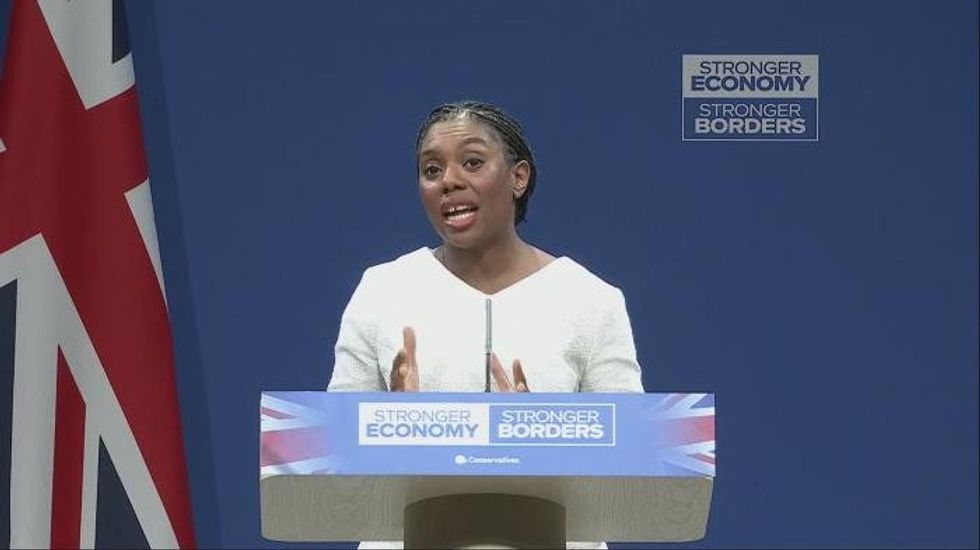Property buyers across Britain contributed £9.3billion to Government coffers through stamp duty payments during the first eight months of 2024, according to the latest figures from HM Revenue and Customs (HMRC).
Coventry Building Society is warning that the tax levied on property purchases valued above a certain amount continues to be “one of the biggest barriers to owning a home”.
Earlier today, Conservative leader Kemi Badenoch announced that the Tories would scrap stamp duty if her party were to win the next General Election.
Recent polling from YouGov suggests that around 40 per cent of Britons believe the property tax is “unfair” in its current form, with around 21 per cent thinking it a “fair” levy.

The £9.3billion from last year is a substantial 20.6 per cent rise from the £7.7billion collected in the corresponding period of 2023. The August collection reached £1.3billion, down slightly from July’s £1.4billion, potentially indicating the annual high point for this property transaction tax has already passed.
Analysts are questioning whether major changes to property taxation could emerge in the forthcoming Autumn Budget on November 26, as Chancellor Rachel Reeves faces more pressure to ease the tax burden on working-age people.
Initial speculation surfaced on August 18suggesting ministers might abolish stamp duty entirely, introducing instead a levy on vendors selling properties valued above £500,000.
Additional proposals under consideration would permit purchasers to distribute their stamp duty payments across multiple years rather than settling the full amount immediately upon completion.

Such instalment arrangements could significantly reduce the upfront financial burden for buyers, though implementation details remain unclear as Treasury officials continue their deliberations ahead of the Chancellor’s announcement.
Industry experts have expressed concerns about potential market disruption whilst property tax reforms remain under discussion.
Jonathan Stinton, the gead of Mortgage Relations at Coventry Building Society, cautioned: “Nobody wants to be the last one to pay the old tax. If people think they could save thousands under a new system, or even spread the cost over time, some may choose to hold off buying until there’s more clarity.”
He warned that proposed changes could create significant upheaval, noting: “The idea of shifting the burden from buyers to sellers, or allowing staggered payments, would be a significant shake-up, and for many buyers it would remove one of the biggest barriers to owning a home. But speculation can make the housing market hold its breath for a minute while people wait to see what happens.”
Mr Stinton emphasised the necessity for careful consideration of any reforms to prevent unforeseen complications.
“Any reform needs to be carefully thought through to avoid any unintended consequences,” the mortgage expert added.
“Passing the tax to sellers could make people at the top of the chain think twice about moving, while staggered repayments could affect how much people can borrow.”
The building society executive stressed that successful reform must achieve multiple objectives simultaneously.
LATEST DEVELOPMENTS:
- MONEY POLL: Should stamp duty be abolished? Vote now
- Homebuyers could save £710 under Labour’s ‘biggest shake-up’ to housing system
- Mortgage hack REVEALED as homebuyers told to ask 5 questions before purchasing property

“Reform has to strike the right balance so that it supports buyers, keeps sellers in the market, and helps the housing market keep moving,” Mr Stinton said.
Ms Badenoch told conference attendees: “At he heart of a Conservative Britain is a country where people who wish to own their first home. But our housing market is not working as it should.
“The next Conservative government will abolish stamp duty We must free up our housing market because a society where no one can afford to buy or move is a society where social mobility is dead.”
According to the Tory leader, the move would “benefit people of all ages” because “conservatism must speak to all generations”.
Our Standards: The GB News Editorial Charter







Follow